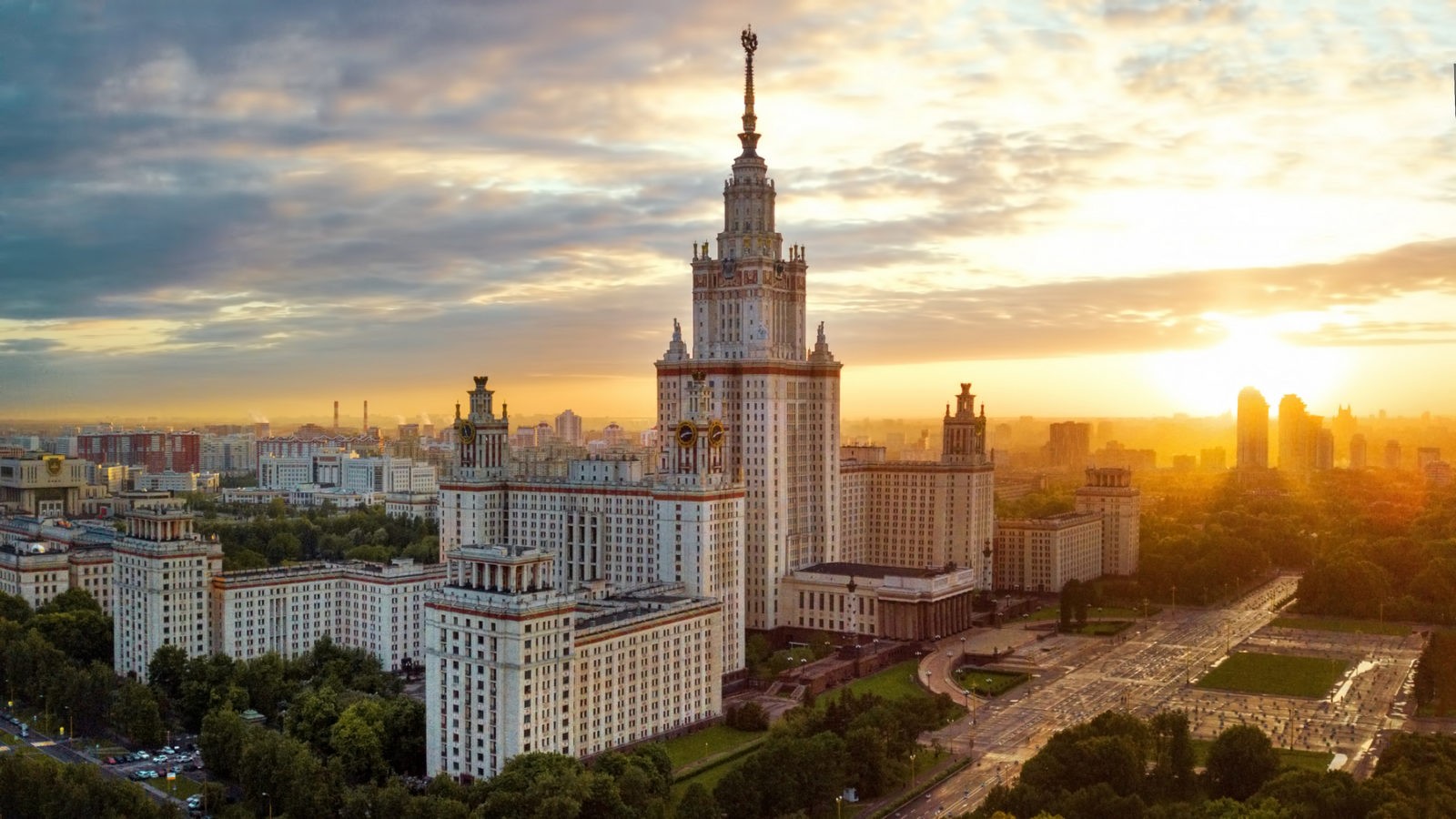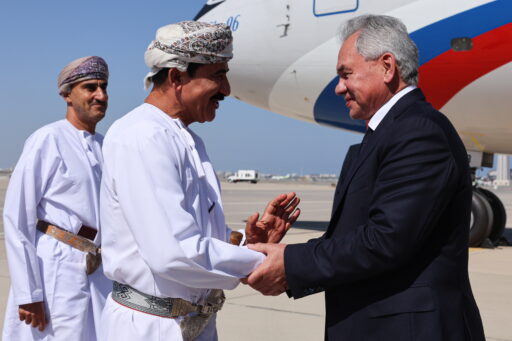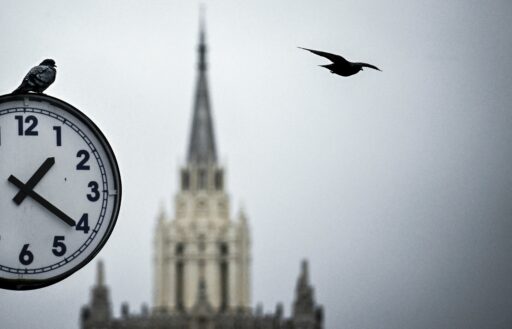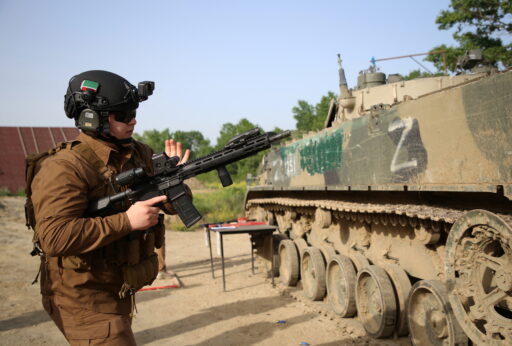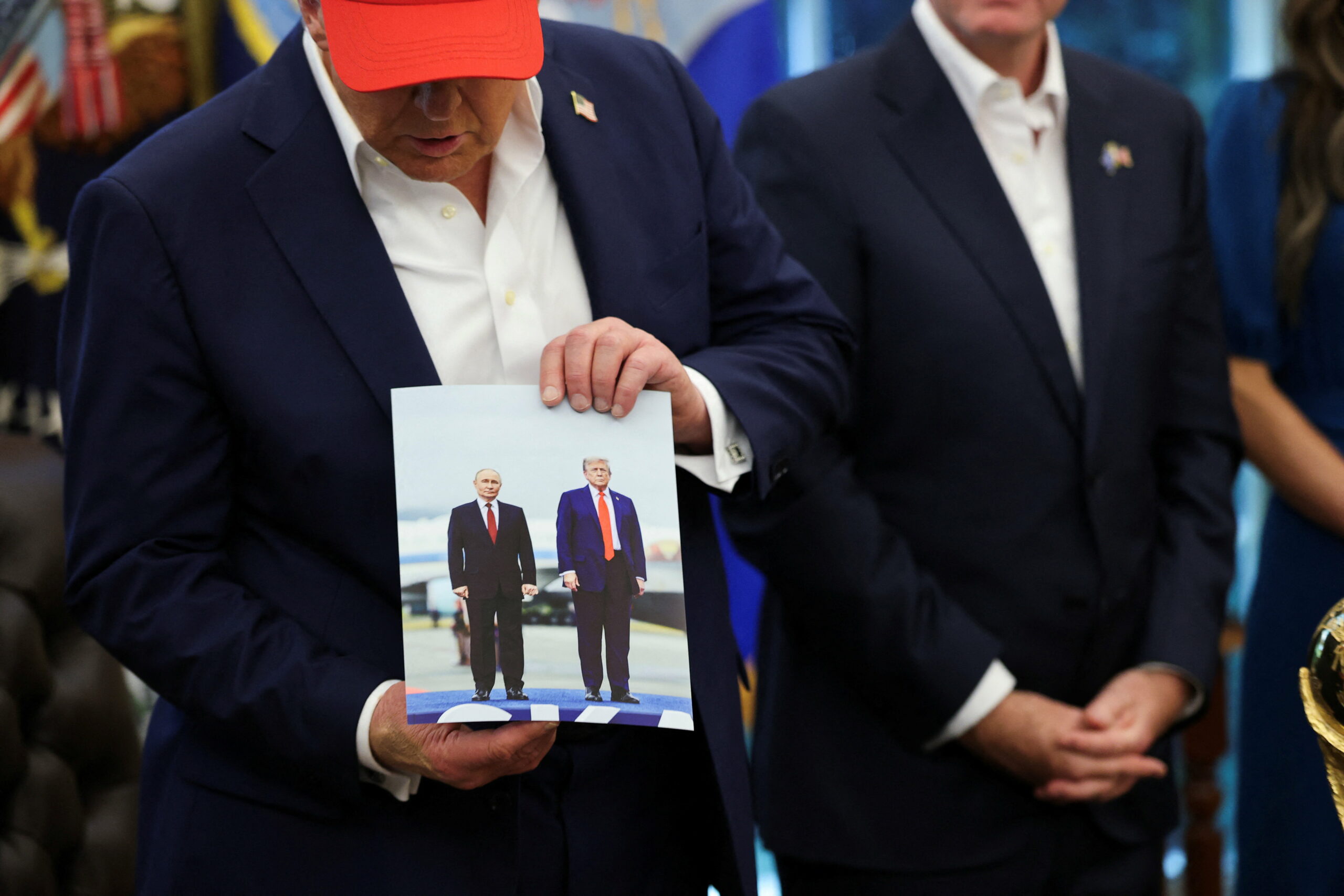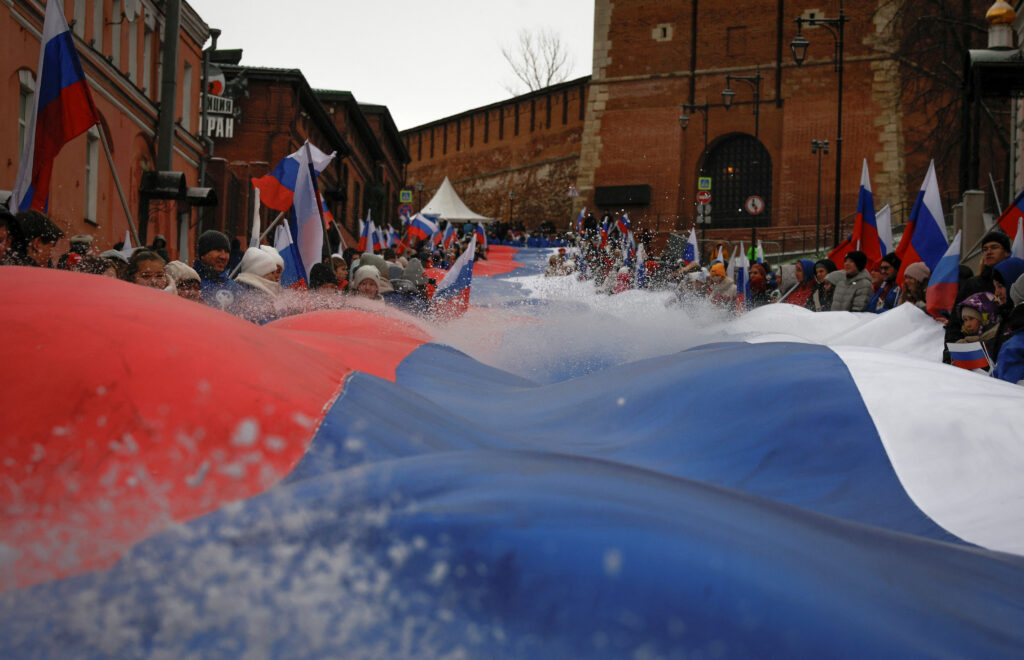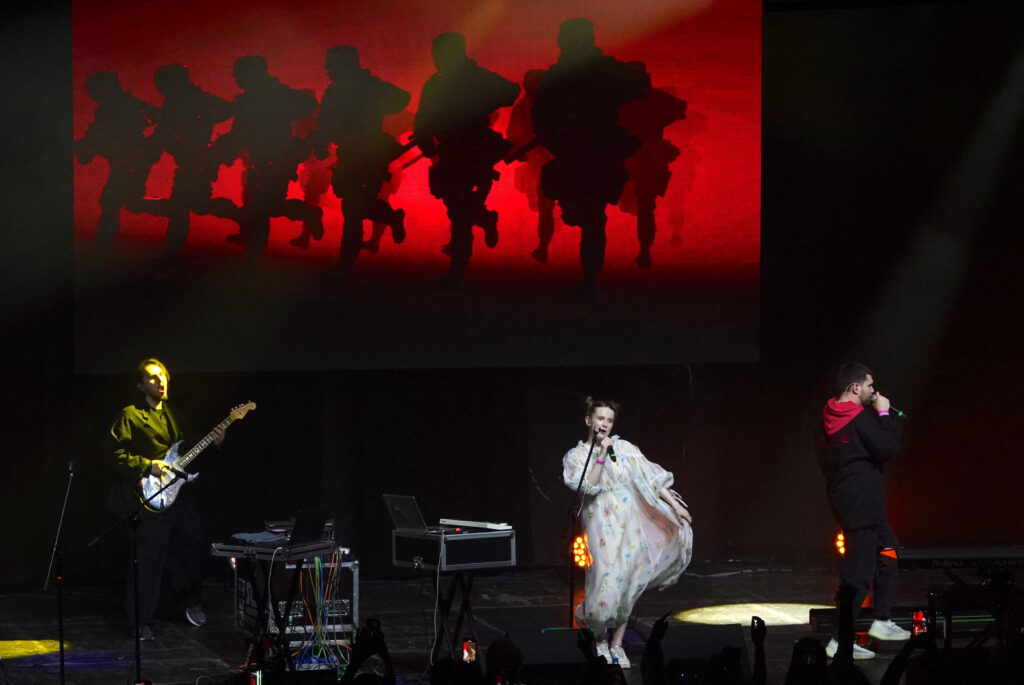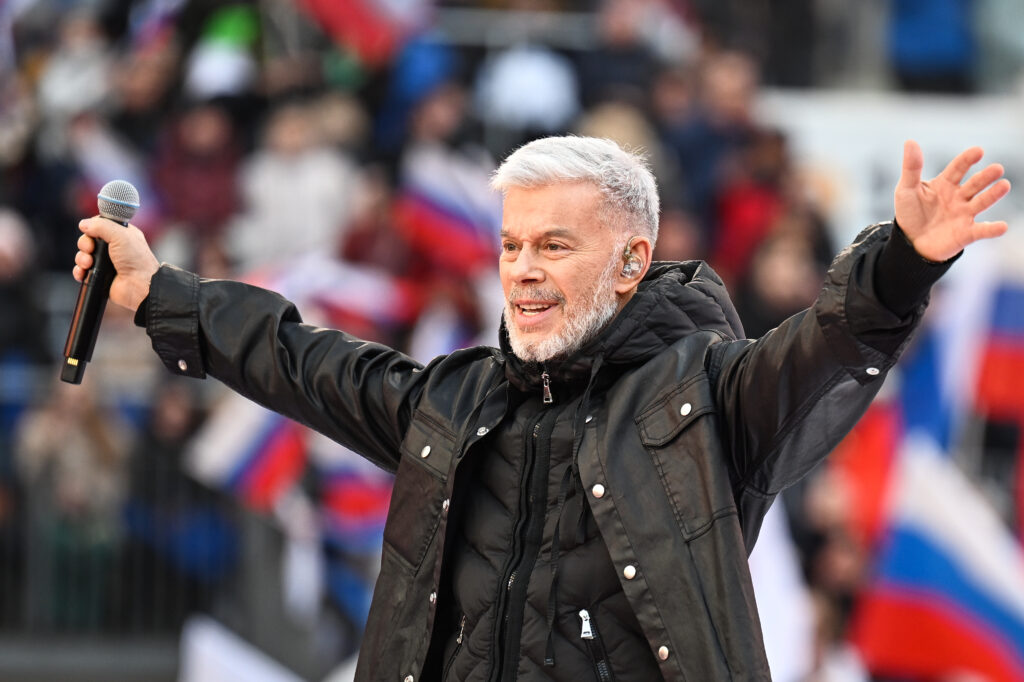In part one of ‘Safety first’ Kirill Shamiev presented security in the context of Russian politics. Do ordinary citizens of various ages and occupations understand security in the same way? In a later article, David Baldwin stressed that the idea of security is not only about general issues like war and peace or respect for fundamental rights and freedoms. It is also the individual perception of one’s physical and psychological integrity. This article examines notions of personal safety and threats as perceived by Russian scholars.
Safety from what?
Scholars at Risk is a network of research organisations promoting the rights and freedoms of academics. It divides threats faced by scholars into intentional and unintentional ones. Intentional threats include both a ban on certain research topics and the broader notion of control over the academic world. An example of an individual scientist who suffered from such a threat is Kirill Alexandrov. His doctoral degree was rescinded following a re-assessment of the historical value of his work, a dissertation on the personnel of the Vlasov army). Another example was the revocation of the license of the European University at St Petersburg. Thous this was restored in August 2018, it halted the operations of the entire institution for a year.
Unintentional threats arise as a result of changing political policies which are not directly aimed at exerting pressure on scholars and their research. Thus, a decision to increase lecturers’ workload at a given university may significantly restrict compulsory publication activity. In turn, this may cause a tactical review of methodology and research topics, narrowing their scope. Another example is the restructuring of the institutes of the Russian Academy of Sciences. This aimed at optimizing resources and increasing economic efficiency. As a result, some institutes are merged in an artificial way — not so much in line with the common interests of the scientists working there.
A more complicated case of unintentional threats is that of accusing scientists of espionage and treason. One of the latest examples is a lawsuit against Vladimir Golubev, a researcher at the All-Russian Scientific Research Institute of Experimental Physics. He was accused of disclosing secret information during a conference in Prague. According to the scientist, all data presented in his report were available in the public domain before the speech. Igor Sutyagin, who was suspected of espionage and was eventually deported in exchange for an American spy, believes his accusations are the result of a failure by the secret services to uncover real spies; instead, innocent people rather than real intelligence agents are targeted, using fully fabricated evidence. Awareness of the possibility of an unjustified arrest cannot but influence the feeling of security among participants in international projects.
Safety for/from whom?
To avoid oversimplification, we need to ask two questions: safety for whom and safety from whom? The answer to the first question is simple: for scholars, as individuals and as a professional community as a whole. The second question elicits a whole range of answers — safety from the state and secret agencies, safety from colleagues and even safety from students.
Under the classification of Scholars at risk, there are six types of threats to a person engaged in scholarly work. These include: the use of violence (in extreme cases, murder); imprisonment; unfair trial; restriction of movement; loss of position and other less serious restrictions. Thus a scholar’s safety depends on whether they are protected from a potentially repressive state apparatus. Such an interpretation implies that any official structure, be it the Ministry of Science and Education, government, president or law enforcement, can be perceived as an exemplification of the power of the state. As interviews with scholars from leading universities have shown, such a vague notion makes the state a purely esoteric agent of threat, present in a concealed form at all stages of professional activity, and also presents the state as a symbolic figure responsible for all interference.
The university itself can be seen as a more tangible ‘double agent’. As a buffer between the state it represents and the scholar it employs, the university is between the hammer and the anvil. On the one hand, its autonomy is legally guaranteed. In the case of Russia, this usually implies a very narrow scope of independent decision-making as regards its own development and future. It means the need for constant monitoring of the political environment. If the university misses the political target, it risks facing a wide range of organisational difficulties, from financial to critical ones (for example, the loss of an educational license or accreditation).
Yet a university is not just a corporate brand. It is people who ensure the institution’s existence. Without people, no negotiations with decision-makers are possible. People are the essence of a university. However, very few Russian scholars perceive themselves in these terms. Russian academia of the 2000s is characterised by an extremely high level of disintegration. There is lack of a unified professional community. Not only at the state level, but also at the level of individual universities and disciplines. Disintegration is further enhanced by how scholars, largely excluded from the process of decision-making within an organisation, are moving away both from the administration and from each other. This is facilitated by the lack of collective responsibility.
Thus, a university can be the object of a threat coming from the state that pursues interests distinct from the university’s. It can also be the subject of a threat when the university administration implements measures which intentionally or unintentionally restrict the professional freedom of its employees.
An example of intentional restriction of freedom is control over scholars’ non-professional activity in social and other media, as well as the sanctions that follow. The employment agreement with Maxim Balashov, a professor at the Moscow Institute of Physics and Technology and an activist of the trade union University Solidarity, was not renewed. The scholar himself believes this is directly related to his media and trade union activity. A letter disseminated among faculty members by his boss indicated this, who criticised the ‘washing of dirty linen in public’.
Unintentional restricting of freedom may be a financial focus on some research areas — but not others. Unlike social media clampdowns, financial incentives for certain research areas are legitimate practice. From the point of view of feeling unsecure, such an approach defines the scholar’s value in the organisation.
Interviews with scholars from Moscow and Saint Petersburg have revealed that respondents feel much less afraid of imprisonment or a lawsuit than of losing their university position.
It is noteworthy that official dismissal is not the only reason academics lose their jobs. Bosses but also (perhaps to a greater extent) colleagues determine who keeps their position. Local faculties, departments and chairs play a key role due to the disintegration of the professional community. Given low university staff rotation and weak ties within disciplines, these are the people who decide whose knowledge and competence they trust. They define who is a professional and who is not. It is important to realise that this is an informal procedure and no one officially issues a verdict. People simply work together, solve everyday administrative tasks, teach the same students and present their research results to each other. A safe environment is when there is a common understanding of these processes. If this common understanding is absent, a threat which is more realistic and tangible than potential political persecution emerges: The threat of losing your professional identity.
There are two questions that determine the nature of a given profession: ‘What attracts people to a given profession?’ and ‘What makes them practice it?’ The choice of an academic profession is driven by a desire to produce relevant knowledge in a given field under conditions of academic freedom. Academic freedom is not only a necessary precondition for academic practice, but also a professional yardstick that distinguishes a true scholar from someone who does not belong to the academic world. Since a high degree of freedom is needed to pursue academic goals, sensitivity to any kind of interference is increasing.
This is why Dissernet, an online community that examines dissertations and has identified many instances of plagiarism among scholars, politicians and public figures, meets such resistance. It’s not only about academic dishonesty. Dissernet questions scholars’ competence and undermines their reputation. In the case of political repressions, where a ‘scholar at risk’ is presented in the independent media, their professional integrity is not undermined. Ordinary, everyday reality at work, when vigilant colleagues raise the question of what is considered professional and what is not, is a real challenge. Since there is no clear definition of true professionalism, both plagiarism hunters and hunters of free thought or nonconformism can be sources of pressure.
Thus, a focus on personal professional security leads to confinement to a comfort zone, distrust and isolation, which prevents a community from forming. This is a vicious circle; targeted attacks on the community lead to its atomisation, which encourages further attacks. To break this cycle, academics have to change their attitude to their professional field and the people representing it.
The fourth part of the series ‘Safety first’: the changing role of veterans’ organisations in Russia
Part 6 of «Safety first»: State — and Human-level Security in Russia
